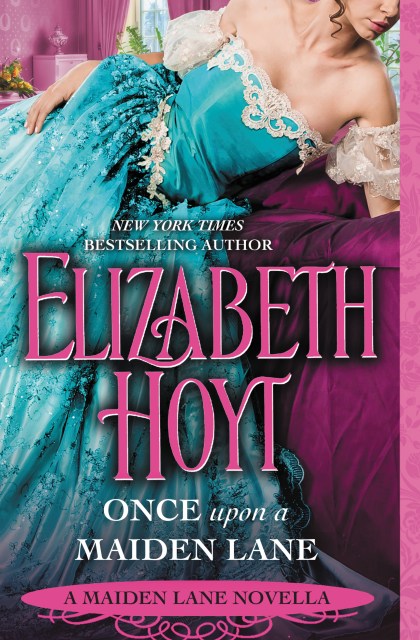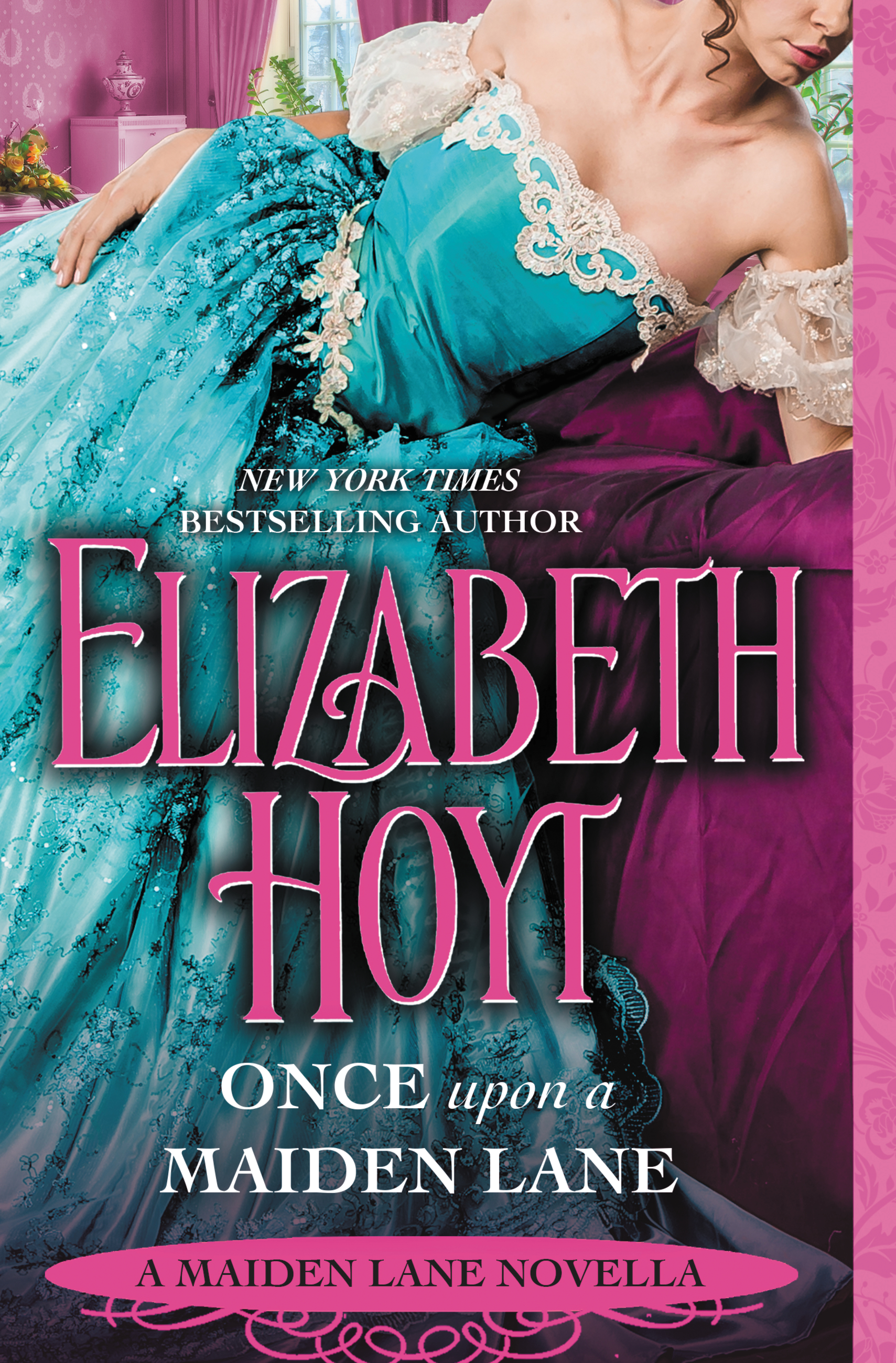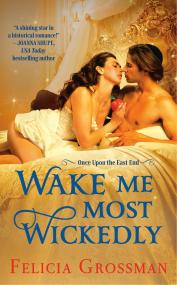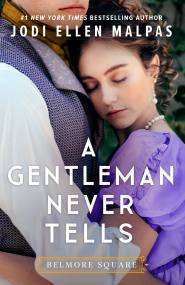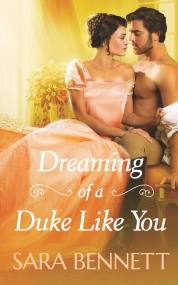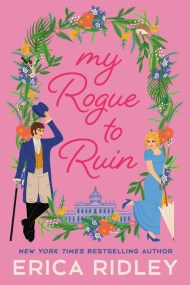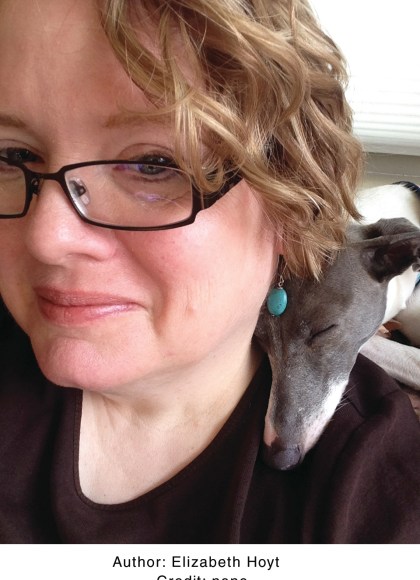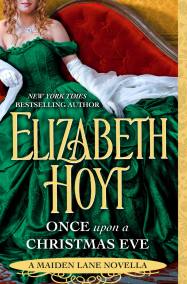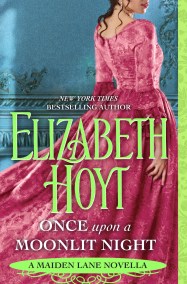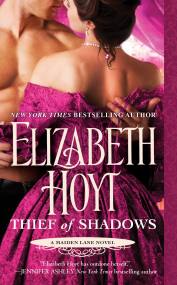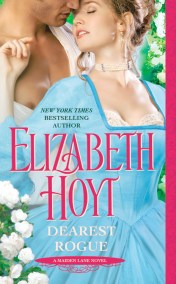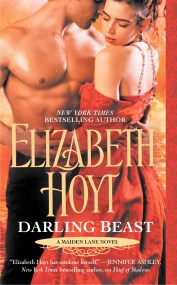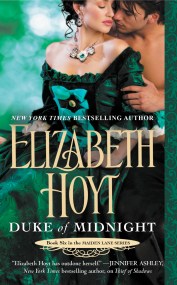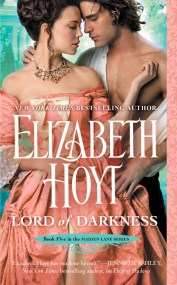Promotion
Use code MOM24 for 20% off site wide + free shipping over $45
Once Upon a Maiden Lane
A Maiden Lane Novella
Contributors
Formats and Prices
Price
$2.99Price
$3.99 CADFormat
Format:
- ebook (Digital original) $2.99 $3.99 CAD
- Audiobook Download (Unabridged)
This item is a preorder. Your payment method will be charged immediately, and the product is expected to ship on or around November 14, 2017. This date is subject to change due to shipping delays beyond our control.
Also available from:
A stand-alone novella from New York Times bestselling author Elizabeth Hoyt!
Miss Mary Whitsun is far too intelligent to fall for the rakish charms of a handsome aristocrat. But when the gentleman in question approaches her in a bookshop, mistaking her for his fiancée, Lady Johanna Albright, the flirtatious encounter only raises more questions. Could Mary, a servant raised in a St Giles orphanage, actually be Lady Joanna’s long-lost twin sister? If so, Mary has been betrothed since birth—to the rakishly handsome artistocrat himself . . .
Henry Collins, Viscount Blackwell, is far too intrigued by Mary to let her go so easily. He’s drawn to her sharp mind, indomitable spirit, and the fiery way in which she dismisses him—ladies simply don’t dismiss Lord Blackwell. But as Mary makes her first hesitant steps into society, she can’t help but wonder if she truly has a place in Henry’s world—or in his heart.
Genre:
- On Sale
- Nov 14, 2017
- Page Count
- 100 pages
- Publisher
- Forever Yours
- ISBN-13
- 9781455539208
Newsletter Signup
By clicking ‘Sign Up,’ I acknowledge that I have read and agree to Hachette Book Group’s Privacy Policy and Terms of Use
